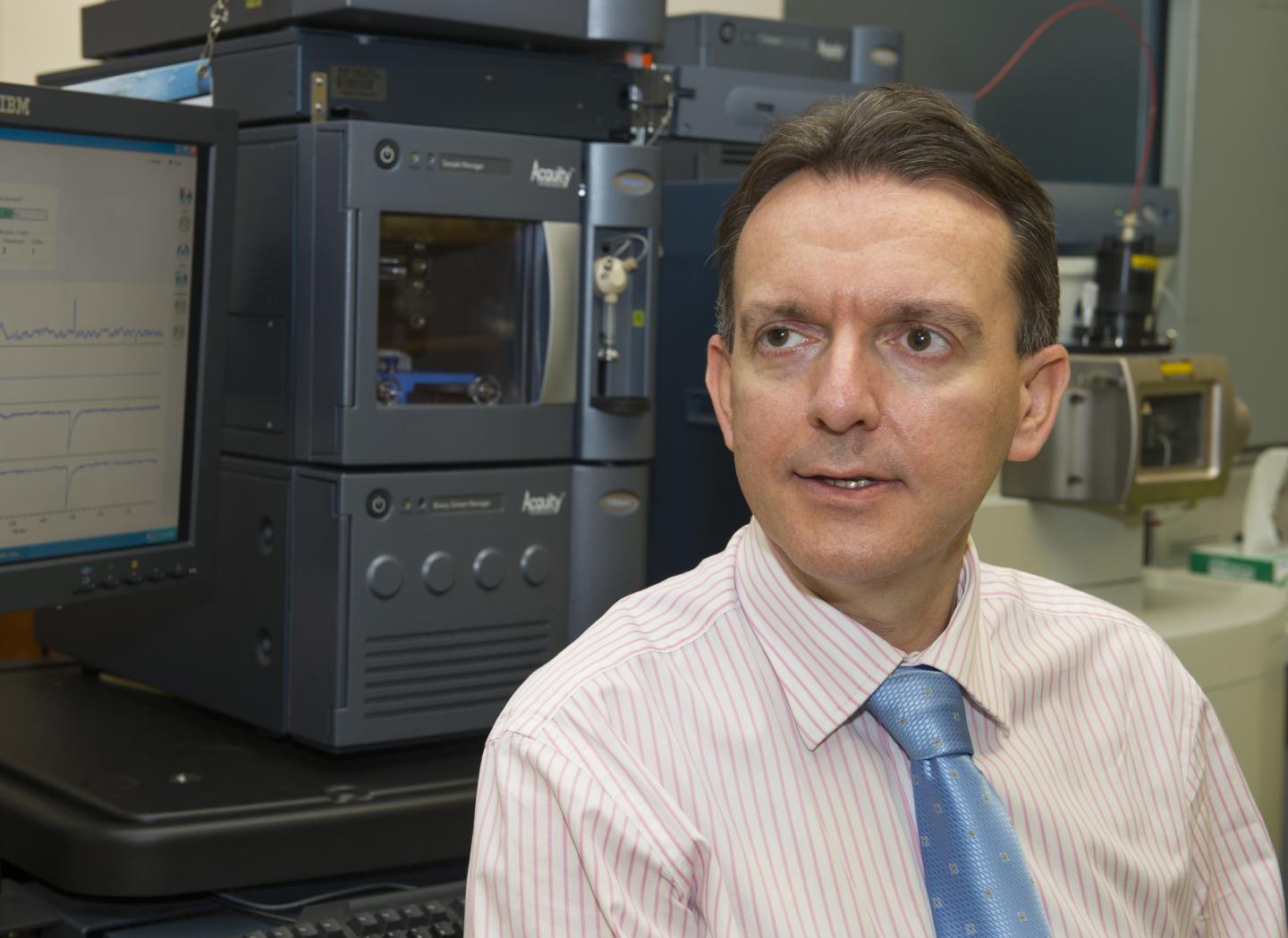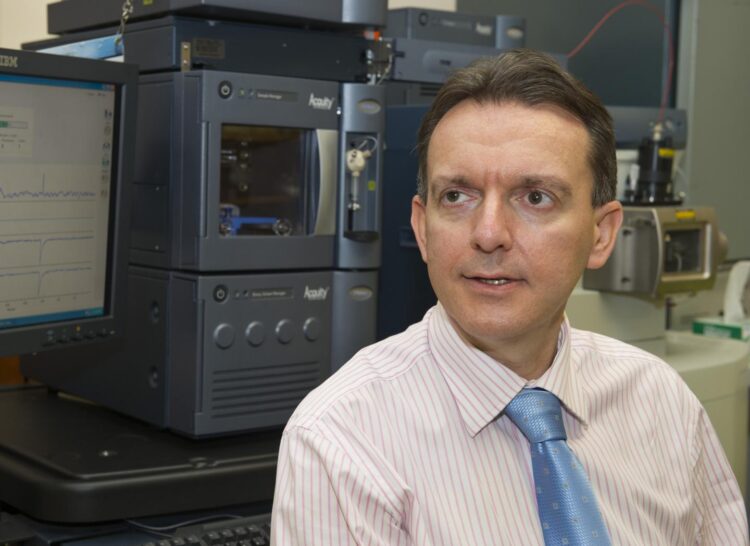Patient inflammation varies for lung, clot reactions

Credit: Flinders University
Varying severity of COVID-19 symptoms in patients is reflected by levels of a chemical biomarker in their body which scientists say could be used to better manage treatments and other interventions, including vaccinations.
In a new paper in International Journal of Infectious Diseases, medical experts in Italy and Australia examined levels of a chemical called serum amyloid A (SAA), a protein synthesised in the liver which can spike up to 1,000-fold within the first 24-48 hours of an infection.
In turn, an increase in SAA can further perpetuate inflammation and cause clot abnormalities and organ damage, researchers say, concluding SAA levels are associated with higher COVID-19 severity and mortality.
The University of Sassari and Flinders University researchers focused on the latest research including 19 studies of more than 5,600 COVID-19 patients for specific markers to predict disease severity and progression.
“Our analyses showed that COVID-19 patients with severe disease or who eventually died had significantly higher levels of SAA when compared to patients with mild COVID-19,” says senior corresponding author Professor of Clinical Pharmacology Arduino Mangoni, from Flinders University in South Australia.
“Patients with severe forms of coronavirus disease 2019 have excessive inflammation, alterations in clot formation, and significant damage in several organs, particularly the lung, the kidney, the heart, and the liver,”
Given the key role of inflammation in COVID-19, markers that reflect a state of excessive inflammation might be particularly useful for risk stratification and effective management.
“This chemical may help, together with other patient characteristics, in predicting which COVID-19 patients are likely to deteriorate and require aggressive management,” the researchers say.
While safe and effective vaccines are being rolled out worldwide there are currently few effective therapies to treat COVID-19 in the community and in hospital.
In this context, the use of specific markers to predict disease severity and would facilitate the early identification of patients requiring aggressive management and monitoring and assist with the judicious use of health care resources.
The link between SAA and COVID-19 severity and mortality focused on data collected from 5,617 patients hospitalised with COVID-10 with different degrees of severity and survival status, along with current literature.
###
The paper, Serum amyloid A concentrations, COVID-19 severity and mortality: An updated systematic review and meta-analysis (2021) by Angelo Zinellu, Panagiotis Paliogiannis, Ciriaco Carru and Arduino A. Mangoni has been published in there International Journal of Infectious Diseases DOI: 10.1016/j.ijid.2021.03.025
Media Contact
Professor Arduino Mangoni
[email protected]
Related Journal Article
http://dx.





